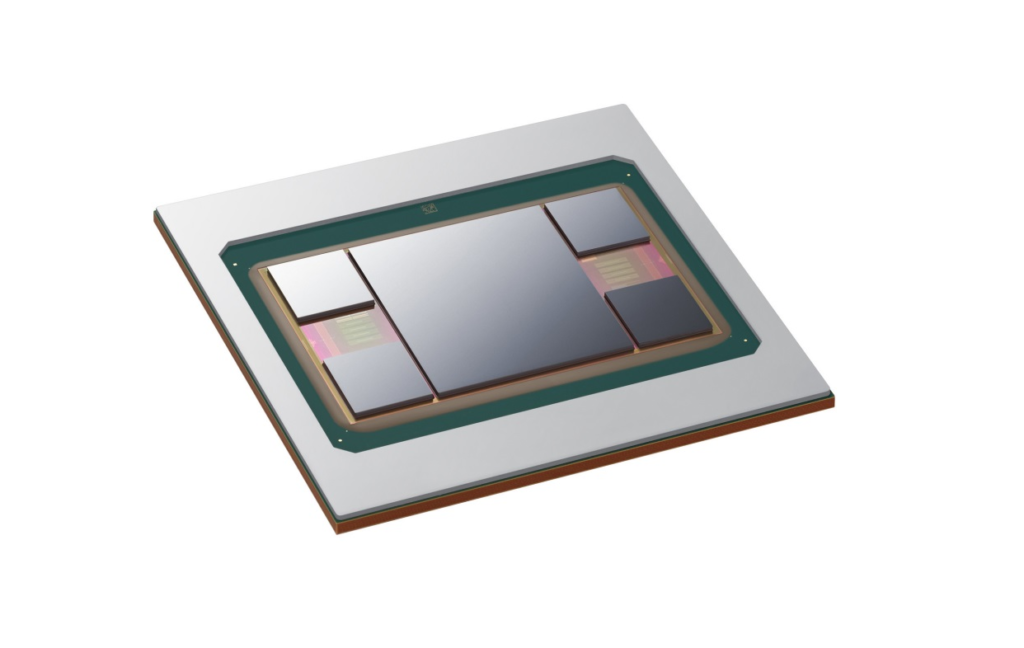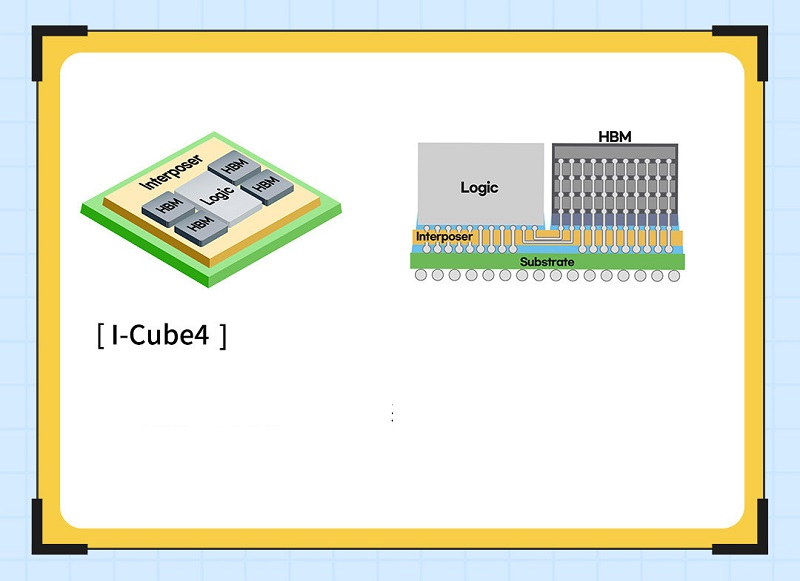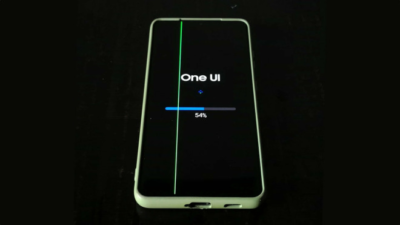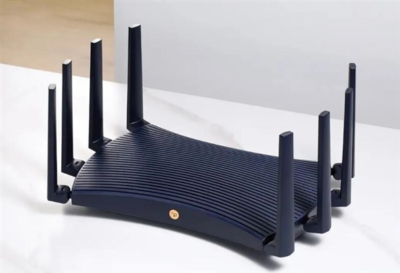Samsung Introduces New Chip Technology I-Cube4 To Develop High-end Chips

Samsung has announced that its next-generation 2.5D packaging technology Interposer-Cube4 (I-Cube4) has been developed and will once again lead the development of chip packaging technology. Samsung’s I-CubeTM is a heterogeneous integration technology that can use one or more logic chips (Logic Chip) and multiple high-bandwidth memory chips (HBM, High Bandwidth Memory) to use silicon interposers to make multiple chips Arranged and packaged in a chip. I-Cube4 is the successor of I-Cube2, from high-performance computing (HPC) to AI, 5G, cloud, and large data centers, and it is expected to bring higher efficiency.
Read More: Samsung Releases the New Galaxy S20 FE 4G with Snapdragon 865 SoC
In 2018, Samsung demonstrated the “I-Cube2” solution that integrates a logic chip and two HBMs. By 2020, Samsung has released a new generation of “X-Cube” technology that can vertically stack logic chips and SRAM in 3D. Moonsoo Kang, head of Samsung’s marketing strategy department, said: “With the explosive growth of high-performance applications, it is necessary to provide a total foundry solution with heterogeneous integration technology to improve the overall performance and power efficiency of the chip. With the production experience of I-Cube2 and the commercial competitiveness of I-Cube4, We will also develop new technologies equipped with 6 and 8 HBM chips and bring them to the market. The importance of next-generation packaging technology is increasing, and we will focus on the field of high-performance computing.“

The silicon interposer (Interposer) refers to the micro-circuit board inserted between the high-performance chip and the low-speed PCB board. The silicon interposer is connected to the logic chip and HBM placed on it through silicon via (TSV, Through Silicon Via) microelectrodes. Using this technology can not only improve performance but also reduce the packaging area. Usually, the area of the silicon interposer increases proportionally, which can accommodate more logic chips and HBM chips. Since the silicon interposer in the I-Cube is thinner than paper (about 100μm), the larger interposer is prone to bending or warping, which will affect the quality of the product.

Relying on its professional knowledge and rich experience in the semiconductor field, Samsung has successfully achieved the commercialization of I-Cube4 by changing the material and thickness to control the warpage and thermal expansion of the interposer.
Digital marketing enthusiast and industry professional in Digital technologies, Technology News, Mobile phones, software, gadgets with vast experience in the tech industry, I have a keen interest in technology, News breaking.










